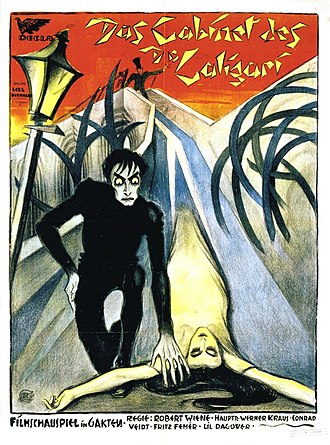
Courtesy of wikipedia.com
A friend sent me the name of a woman she thought would make a wonderful guest for my book Vlog, Just Read It. A historian with a new volume published about the lives of notable women, her appearance on the program seemed apt, so, I extended an invitation for her to appear in an upcoming program.
Her reply was prompt. “As a general rule, I tend not to read much fiction.” She closed with an apology explaining that her current obligations would prevent her from participating in any case.
I acknowledged her response and deleted the email. A frisson of irritation pulsed through me, I admit, even though Rhys Bowen had agreed to be a guest on a program that day.
The shibboleth, “I don’t read fiction,” tends to raise my ire. It suggests that lounging before a fire with a good novel is a waste of time compared to wading through Edward Gibson’s six-volume history of the decline and fall of the Roman Empire.
When I was young, the remark felt intimidating—as if, by reading fiction, I would never be welcome among thinkers. At 87, I give the inference no more weight than that of fairy dust, particularly when it comes from a historian. What is history but a fable agreed upon? (Napoleon Bonaparte)
A life dedicated to data collection strikes me as a dead one… a static, endless iteration lacking the spark of inspiration. Staring at the Presidential heads carved on Mt. Rushmore might inspire more awe.
Science has its mysteries, I admit. Even so, its underlying assumption is that with enough time all could be revealed. I prefer the view of Fyodor Dostoevsky’s unnamed protagonists in Notes from the Underground. The iterations of the plastic mind are endless, unpredictable, and therefore, eternally fascinating. What prompts an individual to walk into a school with a military weapon to murder children is a never-ending question.
Before the fact, there is the mind, the vista upon which we stand as we attempt to catalog the universe. Just as soil is a medium necessary to propagate a seed, even scientists admit facts are nothing without imagination, the latter being a biological function that is vital to human experience and advanced cognition.
Would the historian who never reads fiction gasp to learn that imagination precedes information? Or, that human emotion precedes it, being the force that shapes the imagination and links imagined representations to action? Hannibal’s passion to conquer Rome inspired the vision of elephants crossing the Alps.
Not long ago, a mother wrote to me about the death of her child. Her words evoked a sense of communion because to lose a loved one is a pain universally felt.
I’ve noticed that those around me, as compassionate or caring as they are, seem to tire of the signs of grief or perhaps they just don’t know how to continue responding… [I feel] at times levity and laughter are required for the sake of others, but all the while, a current of sadness runs quietly beneath every word, thought, action, feeling, conversation, or outing…
If anyone doubts the power of imagination to make meaning palpable, let them read Christ’s teachings without the parables.
To comprehend the universe is a noble objective and given infinite time, it might be doable. One wonders if the human mind is as easily conquered. I doubt it would consent to be used as a tool to peer into itself.
At least, I hope not. Despite technology’s progress, I prefer to think our plastic brains will remain unknowable, its mystery hinting at the spiritual. Allow science to explore the world of cause and effect. Leave to literature to ponder the endless paths of human connection.
As for the acolytes of non-fiction, I confess they seem to me like travelers bent upon taking a single road to Rome, despite the many. Their eyes scour a well-worn path, blind to the flora and fauna along the way. These are not minds that could imagine elephants crossing the Alps.
Devoted to one part of the brain at the expense of the other, these factologists strike me as cripples, preferring a crutch to a stout pair of legs. What John Keats would say to them is in no doubt.
Beauty is truth, truth beauty,—that is all
Ye know on earth, and all ye need to know.
